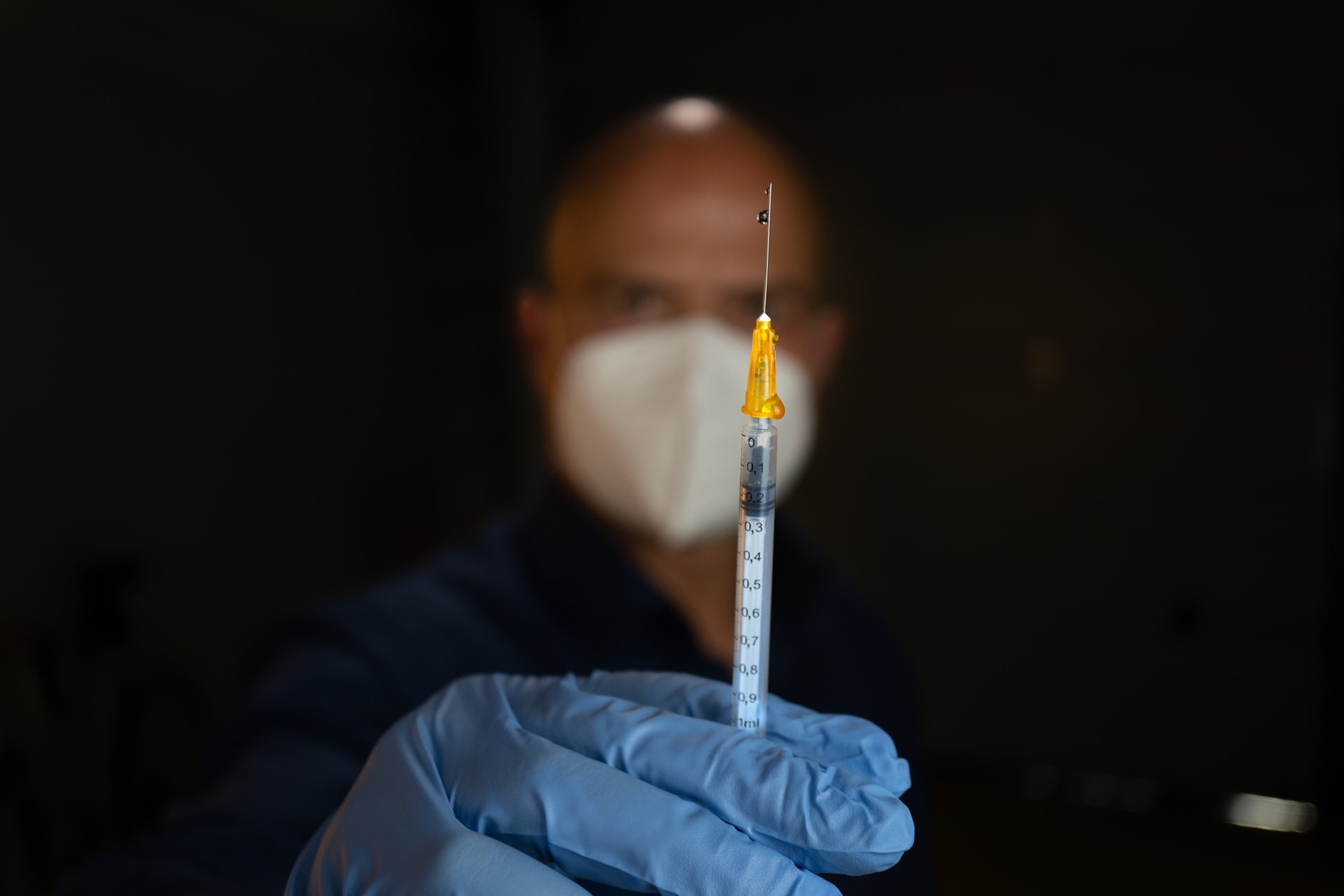Photo by Mika Baumeister
Cuba’s Centre for Genetic Engineering and Biotechnology (CIGB) has said that after a third dose, the country’s Abdala candidate vaccine is 92.28% effective against COVID-19 and its variants.
If formally confirmed, this places it at a level similar to vaccines developed by Pfizer or Moderna, and higher than those of AstraZeneca or Russia’s Sputnik V. The Cuban government had earlier announced that two doses of the vaccine had a 62% efficacy. (See Cuba Briefing 21 June 2021).
Speaking at a press conference, the Director of Science and Innovation of the state group, BioCubaFarma, Rolando Pérez, said that the intention now is to seek formal approval from the World Health Organisation (WHO) once Cuba’s licensing authority, the Centre for the State Control of Medicines, Medical Equipment and Devices (CECMED), has approved its emergency use.
Yury Valdés, the Deputy Director of the Finlay Vaccine Institute (IVF) additionally said that two doses of its Soberana 02 candidate vaccine had shown in trials 62% efficacy, adding that the result was expected to be higher when the results of a third vaccination are fully assessed.
Once CECMED authorisation is obtained, Cuba intends to immunise its entire 11.2m population, and hopes to become the first in the world to do so with its own vaccines.
Logistical difficulties remain, however, due to shortages of supplies and materials, because of high global demand and the US embargo. Speaking about this, Pérez said that in the case of Soberana 02, it was in the process of solving these problems. Technological solutions, he said, had been sought to make up for the lack of necessary inputs. Cuban science, he told the media, had improved its knowledge of the production process involving similar types of cells, allowing a successful scaling.
According to the Pan American Health Organisation’s (PAHO) representative in Cuba, José Moya, once the trial data for Abdala are published, Cuba is expected to request WHO prequalification and the validation of its vaccines. “If all goes well, before the end of the year, Cuban vaccines will be able to join the eight already prequalified in the world,” El Pais, the Spanish daily newspaper, quoted Moya as saying.
Moya told the publication that with the approval of CECMED, Cuba could begin to design a vaccine export plan, even before the WHO gives it the go-ahead. “Countries have autonomy to make bilateral agreements. If a country is interested in acquiring Cuban vaccines, PAHO and WHO do not participate because those are direct agreements,” he noted.
Cuba is already in discussion with several countries about the possibility of manufacturing its vaccines through joint ventures. As Cuba Briefing has previously detailed, these include Argentina for Latin America and the Caribbean, and Mexico, Kenya, and Vietnam, among others. It is also in discussion with several countries about supplying vaccines in the longer term.
As previously reported, Cuba is currently working on five candidate vaccines against COVID-19: Soberana 01, Soberana 02, and Soberana Plus, which are being developed by the IFV; and Abdala and Mambisa, an internasal spray, created by the CIGB.
All Cuban prototypes are protein subunit vaccines, which are based on inoculating a protein from the coronavirus spike, the part that binds to the cells it infects, to produce an immune response. The difference is that in all three of the IFV candidate vaccines the antigen is made in mammalian cells, while the CIGB develops the protein fraction of the coronavirus in yeast.
The Caribbean Council is able to provide further detail about all of the stories in Cuba Briefing. If you would like a more detailed insight into any of the content of today’s issue, please get in touch.






